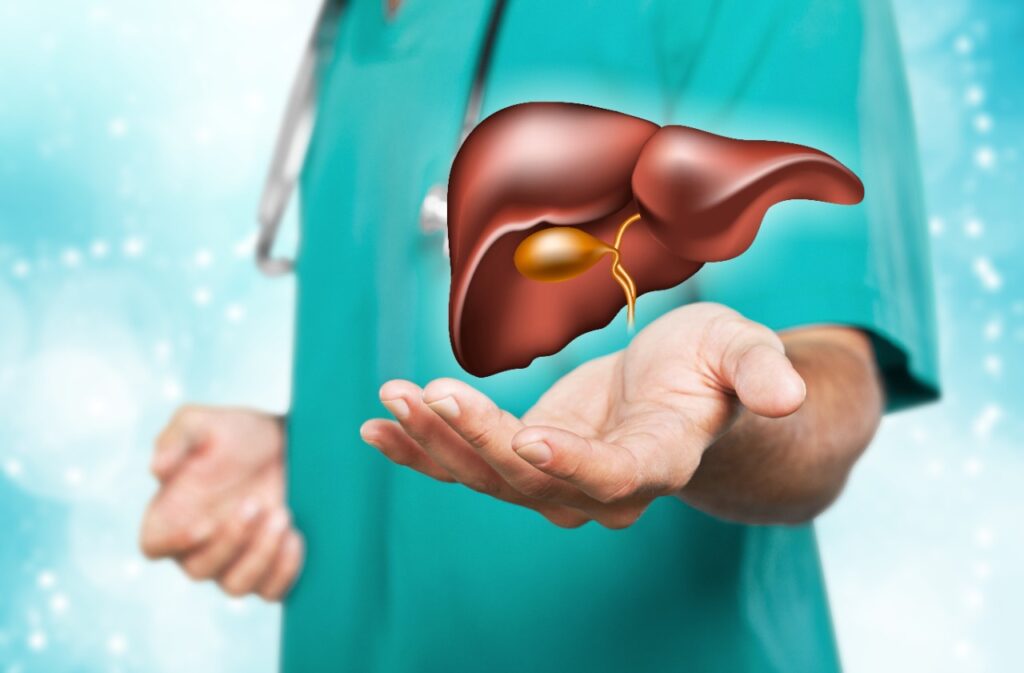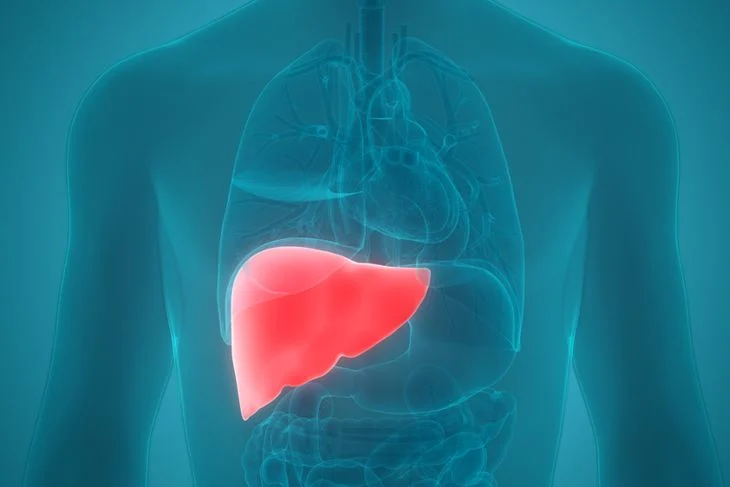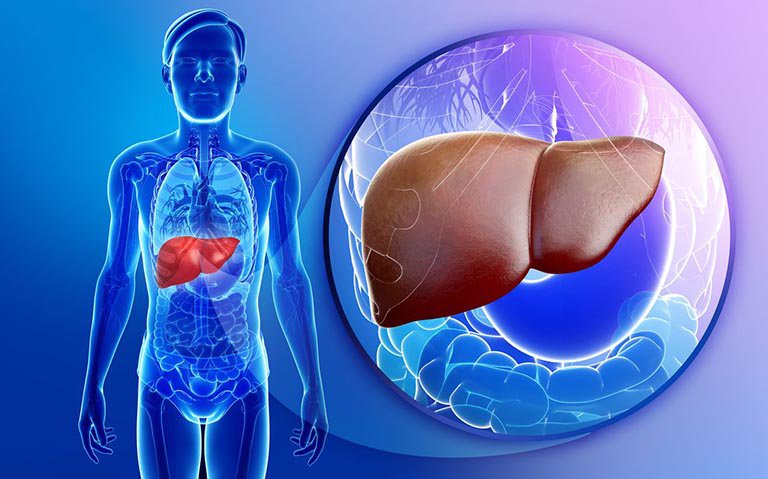What Cancers Cause Elevated Liver Enzymes We will discuss it in depth in this blog also I will guide you on how to make changes in your lifestyle and Prevention Strategies. We will discuss the link between Elevated Liver Enzymes and Cancer and many more information on cancer
As you already know if your blood test shows highly elevated liver enzyme, it means you are suffering from medical Issues. Elevated liver enzyme may be a temporary medical issue, It can be informed to you by your healthcare provider and they will help you what to do next.

Understanding What Cancers Cause Elevated Liver Enzymes And What Are The Functions Of Liver Enzymes
If your blood contains a high level of Enzymes it means you have Elevated Liver Enzymes In your body and these Elevated Enzymes can be temporary as well, or they may be a sign of a medical condition like liver disease. High levels of liver enzymes may additionally be a result of some drugs.
What Are Liver Enzymes And What Are Their Types
Proteins are called liver Enzymes which accelerate chemical reactions throughout the body. These chemical processes include the production of bile and clotting agents, the breakdown of food and poisons, and the defense against infection. Typical liver enzymes consist of:
- Alanine Aminotransferase (ALT)
- Aspartate Aminotransferase (AST)
- Alkaline Phosphatase (ALP)
- Gamma-glutamyl transferase (GGT)
Normal levels Enzymes vs. elevated levels Enzymes
Liver enzyme concentrations within the blood are usually low in physically fit individuals. Elevated levels of these enzymes show infection and liver damage, which calls for more research to identify the underlying reason.
5 Major Cancers Cause Elevated Liver Enzymes
- Inflammation or injury to the liver: Elevated liver enzyme levels may result in liver damage caused by diseases such as cirrhosis, fatty liver disease, or hepatitis.
Elevation of liver enzymes can also be attributed to inflammation brought on by autoimmune diseases or infections. - Infection by viruses: Hepatitis B, hepatitis C, and Epstein-Barr virus are examples of these viral illnesses that can inflame the liver and raise enzyme levels.
- Consumption of Alcohol Too Much: Over time, heavy alcohol use can harm the liver and raise liver enzyme levels.
- Fatty liver disease: Liver enzyme levels can be increased when there are alcoholic and non-alcoholic fatty liver diseases (NAFLD and AFLD).
- Hepatic Cancer: Elevated enzyme levels or interruption of the liver’s functions can result from liver cancer or tumors that metastasize (spread to the liver).

Link Between Elevated Liver Enzymes and Cancer
Cancer may immediately affect liver health, resulting in aberrant enzyme levels. The increase of certain enzymes or a decrease in liver function might result from metastasis from other organs or tumor development inside the liver.
Types of cancers associated with elevated liver enzymes
- Breast cancer: Metastasis to the liver can elevate liver enzyme levels.
- Lung cancer: Liver metastases are common in advanced lung cancer cases.
- Pancreatic cancer: Tumors in the pancreas can obstruct bile ducts, leading to liver enzyme elevation.
- Colorectal cancer: Liver metastases from colorectal cancer can impact liver function.
- Leukemia: Certain types of leukemia can infiltrate the liver, affecting enzyme levels.
Specific Cancers and Their Impact on Liver Enzymes
Breast cancer
Breast cancer cells can spread to the liver, resulting in liver metastases. This metastatic spread often leads to elevated liver enzyme levels, indicating liver involvement.
Lung cancer
Advanced lung cancer can metastasize to the liver, causing liver enzyme elevation. Liver metastases are a significant concern in late-stage lung cancer cases.
Pancreatic cancer
Pancreatic tumors can obstruct the bile ducts, leading to bile accumulation and liver enzyme elevation. Elevated levels of certain enzymes, such as ALP, may indicate pancreatic cancer involvement.
Symptoms and Diagnosis of Elevated Liver Enzymes
Many times, elevated liver enzymes don’t show any symptoms. However, symptoms like weariness, jaundice, and stomach discomfort can also be signs of underlying illnesses like cancer. Imaging techniques to evaluate liver function and blood tests to detect enzyme levels are commonly used in diagnosis.
Treatment Options for Elevated Liver Enzymes Caused by Cancer
Treatment for elevated liver enzymes due to cancer depends on the underlying cancer type and stage.
- Chemotherapy
- Targeted therapy
- Radiation therapy
- Surgical intervention
Lifestyle Changes and Prevention Strategies of Cancers Cause Elevated Liver Enzymes
Maintaining a healthy lifestyle can improve liver function and lower the chance of problems with the liver. A balanced diet, moderation in alcohol intake, protection against pollutants, and regular exercise are some strategies.
Importance of Early Detection and Monitoring
Early detection of elevated liver enzymes can be facilitated by routinely monitoring liver function through blood tests and physical examinations. Regular blood testing and physical examinations to assess liver function can help identify and treat early illness.
Conclusion
Elevated liver enzymes can signal underlying liver damage or disease, with cancer being a significant contributing factor. Understanding the link between certain cancers and elevated liver enzymes is essential for timely diagnosis and appropriate management. Early detection, proper treatment, and lifestyle modifications play key roles in optimizing outcomes for patients with elevated liver enzymes caused by cancer.
Frequently Asked Questions
Can liver enzyme elevation always indicate cancer?
No, elevated liver enzymes can be a sign of various liver conditions, including cancer.
What imaging tests are used to assess liver health in cancer patients?
Imaging tests such as ultrasound, CT scans, MRI scans, and PET scans are commonly used to assess liver health and detect any abnormalities, including tumors or metastases.
